Publications
Articles, publications, books, tools and multimedia features from the U.S. Institute of Peace provide the latest news, analysis, research findings, practitioner guides and reports, all related to the conflict zones and issues that are at the center of the Institute’s work to prevent and reduce violent conflict.
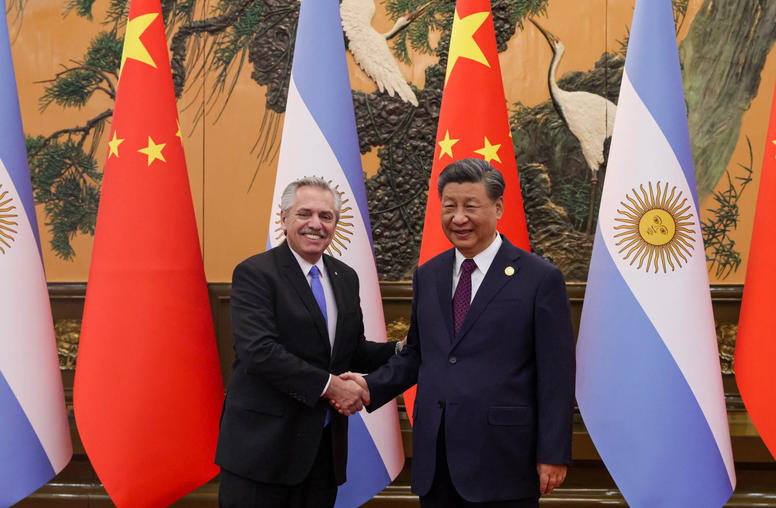
U.S. Needs to Invest More in Latin America to Counteract China in the Region
Amid ongoing U.S.-China competition, Summers’ observation encapsulates one of the key reasons for China’s success across the Global South — particularly in Latin America and the Caribbean. China delivers when it comes to building infrastructure, whether it’s airports and sports stadiums or 5G networks courtesy of Huawei and ZTE.
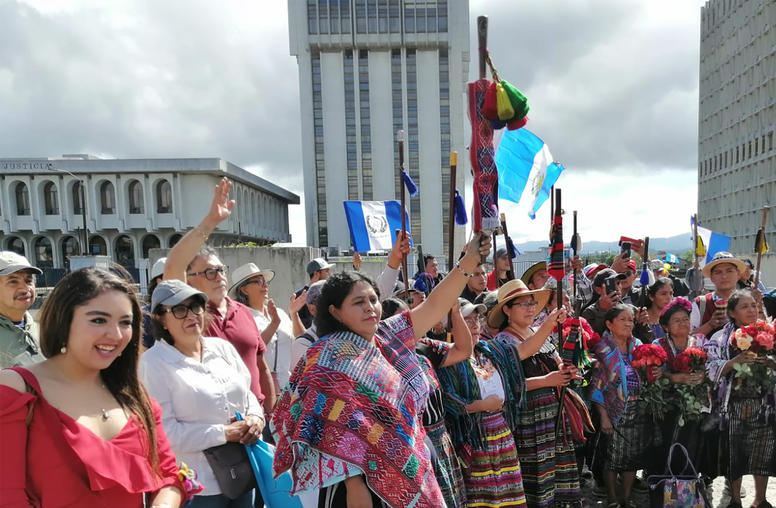
Guatemala: Indigenous Leaders Take Democracy Campaign Nationwide
When anti-corruption candidate Bernardo Arévalo won Guatemala’s presidency in August, his urban supporters took to the streets in celebration. Two months later, they are still there, not in celebration but in protest against challenges to Arévalo’s election led by the country’s attorney general. This month, the protests went national when Indigenous authorities called a strike demanding the attorney general’s resignation. The participation of Guatemala’s marginalized Indigenous peoples in nationwide protests holds both peril and promise. Instability in the impoverished rural hinterland could send additional waves of migrants toward the U.S. border. But the Indigenous population’s defense of elections could also prove a watershed moment for Guatemalan democracy.
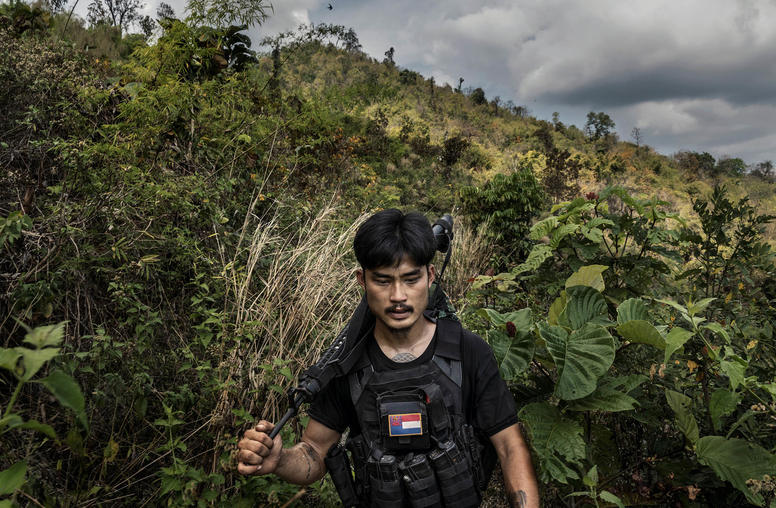
Three Years After Coup, Myanmar’s Generals Face an Existential Crisis
Three years after Myanmar’s military overthrew the country’s democratically elected government, the ruling generals — having suffered humiliating battlefield defeats — face an existential crisis. Victories by the diverse ranks of Myanmar’s resistance have invigorated their morale and they are tightening battlefield coordination despite slow progress toward political consensus. The military, meanwhile, is short of manpower and controls a shrinking percentage of the nation.
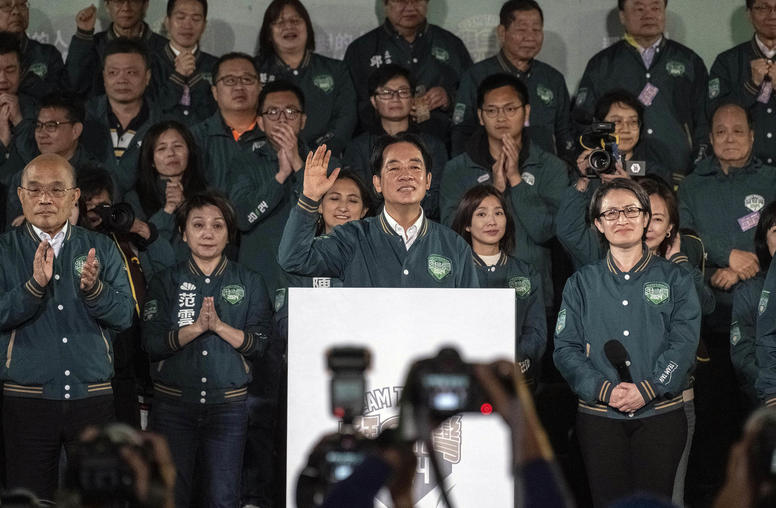
The Pivotal Elections of 2024: Key Races That Will Shape the Global Landscape
Around 2 billion people in more than 50 countries, including India, Chad, Mexico and South Africa, will go to the polls this year in what has been described as the Super Bowl of elections. From major democracies to emerging nations, the outcomes of these votes will undoubtedly play a crucial role in shaping the future trajectory of countries around the world. While some elections could produce conflict, most will take place under the threat of disruption — all of this will have serious implications for U.S. foreign policy and security.
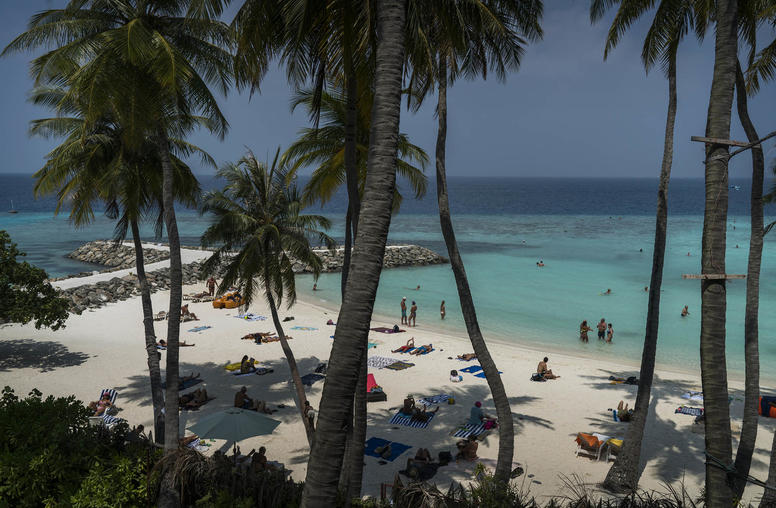
As Tensions with India Grow, Maldives Looks to China
On January 4th, social media posts from Indian Prime Minister Narendra Modi praising the beauty of India’s beaches in Lakshadweep sparked a diplomatic row with the Indian Ocean island nation, Maldives. As a country that leans heavily on tourism at its own beaches, three Maldivian junior ministers were quick to criticize the Indian prime minister, which led to calls from Indian social media users to boycott Maldives as a tourist destination.

North Korea Has Lost the ‘Unification Competition’
North Korean leader Kim Jong Un in January declared peaceful unification with South Korea is no longer possible. In a speech to the Supreme People’s Assembly, North Korea’s parliament, Kim said North Korea’s constitution should be amended to show that South Korea is a “primary foe and invariable principal enemy.”
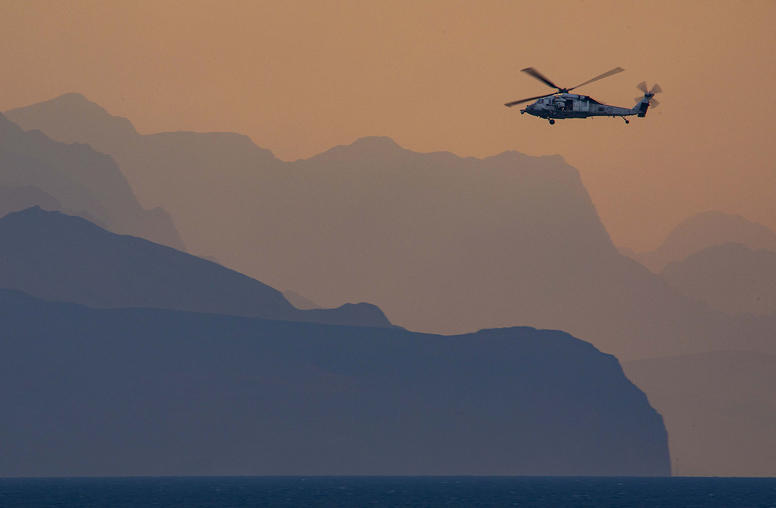
The United States Weighs Its Options in the Face of Iran’s Provocations
Three U.S. troops were killed and at least 34 injured in a drone strike on a U.S. base in northeast Jordan on January 28. The attack comes against a backdrop of rising regional tensions since the outbreak of conflict in Gaza following the October 7 Hamas terrorist attack on Israel.

Lauren Baillie on the ICC’s Latest Warrants for Russian War Crimes
For the first time, the International Criminal Court has charged high-level Russian commanders with crimes against humanity — showing that Russia’s assault on civilians and civilian infrastructure in Ukraine is “not sporadic, it’s systematic, it’s purposeful, it’s part of a policy,” says USIP’s Lauren Baillie.
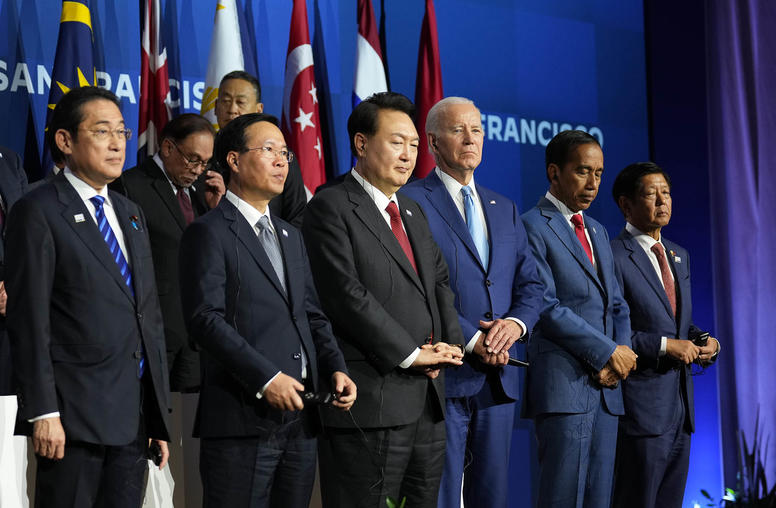
Two Years Later, What Has the Indo-Pacific Strategy Achieved?
This month marks the second anniversary of the Biden administration’s Indo-Pacific Strategy (IPS). USIP experts Carla Freeman, Mirna Galic, Daniel Markey, and Vikram Singh assess what the strategy has accomplished in the past two years, how it has navigated global shocks and its impact on partnerships in the region.
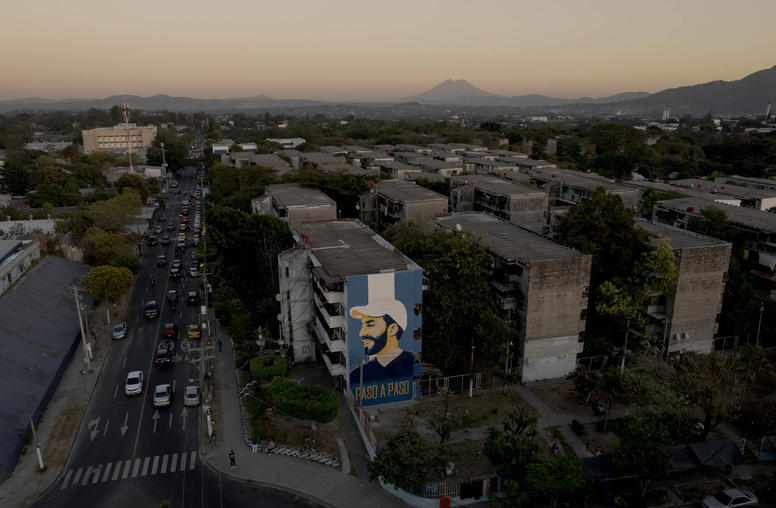
El Salvador’s Bukele: From ‘World’s Coolest Dictator’ to ‘Philosopher King’
El Salvador’s president, Nayib Bukele, celebrated a landslide electoral victory on Feb. 4, far outstripping his nearest competitor. “The opposition was pulverized,” Bukele told jubilant crowds outside the National Palace on election night. In reply to critics who warn that El Salvador is moving toward authoritarianism, he proclaimed, “we are not substituting democracy because El Salvador has never had democracy.” The leader who once called himself the “world’s coolest dictator” now boasts of being his country’s “philosopher king.”